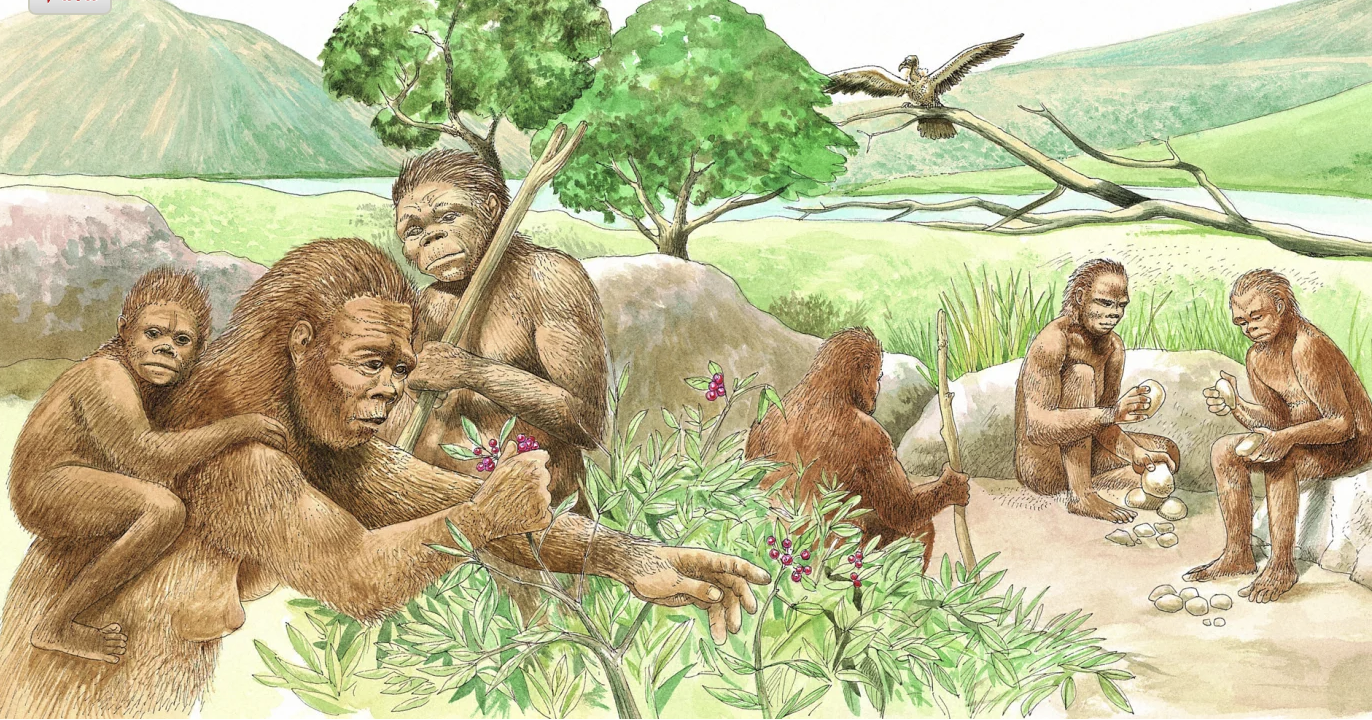|
Ancient African DNA
 credit: getty credit: getty
Ancient DNA can tell us a lot about human history, but until now, we've mostly studied bones from Europe and Asia. Heat and humidity break down DNA, so the climate in Africa is one reason for that. Also: the horrors that happened to Africans since ancient times have caused the continent to be easily dismissed in the scientific world.
Until now, the oldest African DNA was less than 10,000 years old. That's 420,000 years younger than the Spanish DNA we have. This isn't just about racism (though it's got a lot to do with it), but since the first humans lived in Africa around two million years ago, it's a problem that needs to be solved.
A new study was able to extract sub-Saharan African DNA from tiny bone fragments–in one case, a single pinky finger bone–from the period between 120,000 and 12,000 years ago.
This study found that the first humans traveled long distances across Africa, trading (which researchers knew) and mating (which they didn't) to form a melting pot of humanity that shaped who we are today.
Scientists are excited about this discovery, but I'm more excited about what new stories DNA analysis like this, of tiny fragments and even dirt, can reveal about who we were and who we are.
|

